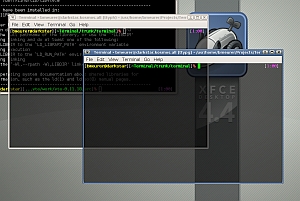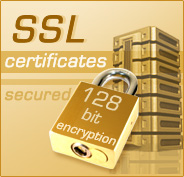Excel 2007 changed the menu system. You can only add form controls by using the “Developer” tab in the menu ribbon. By default the “Developer” tab is disabled. To enable the developer tab do the following:
- Click the circular Microsoft Office icon in the upper left corner of the Excel program
- Click the “Excel Options” button
- Select the left menu option “Popular”
- Check the option “Show the developer tab in the ribbon”
- Now the developer tab will appear on the ribbon. You can select the tab and press the “Insert” button to display check boxes and other form controls which can now be inserted into the spreadsheet.



